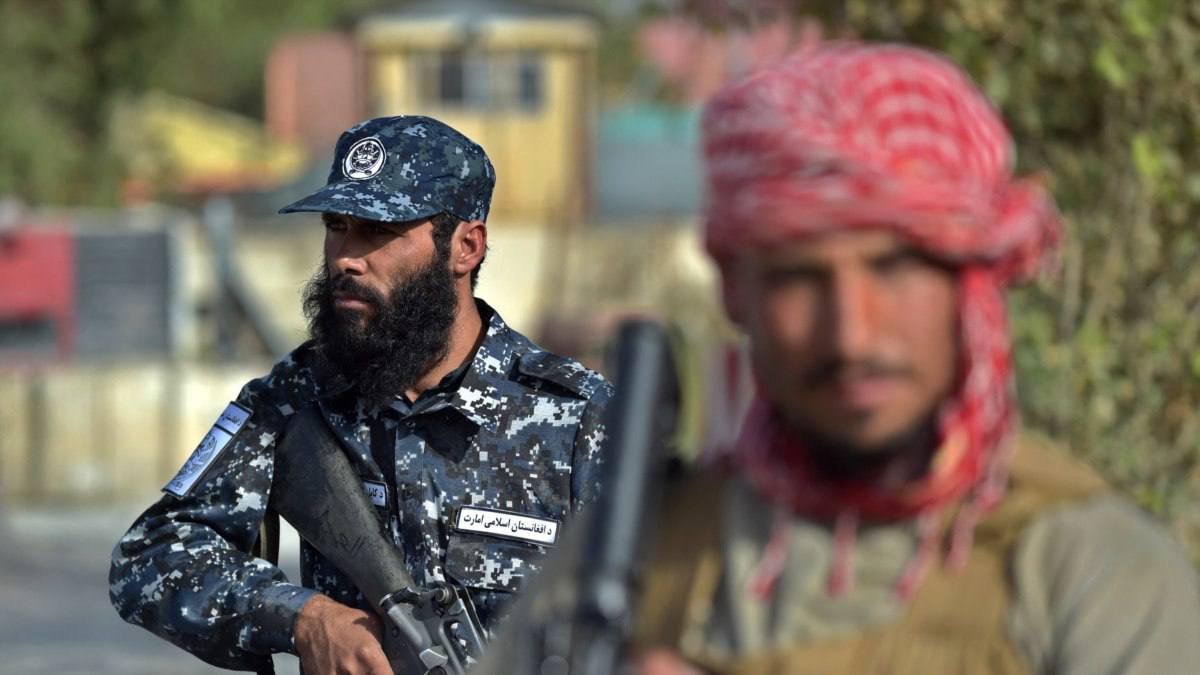KABUL, Afghanistan — Taliban carried out three public executions on Friday morning in the western provinces of Badghis and Nimroz, continuing their enforcement of harsh punishments despite growing international condemnation.
According to a statement issued by the Taliban’s Supreme Court, two men were executed by qisas — a form of retributive justice — in the provincial capital of Badghis on Friday morning.
The individuals were identified as Sulaiman, a resident of Chah Jalal village in Tagab Alam district, and Haider, from Nakhcher village in Darah Boom district. Both were accused of murder, and the executions were reportedly carried out in public.
A third execution took place earlier the same day in the city of Zaranj, the capital of Nimroz province, where a man identified as Abdul Qadeer, a local resident, was executed in front of a crowd at the city’s main sports stadium. The Taliban claim he had shot and killed another individual.
The executions mark the latest in a growing number of capital punishments administered since the Taliban’s return to power in August 2021. Despite calls from human rights groups and international organizations to cease such practices, the Taliban have consistently defended public punishments as part of their religious and judicial framework.
In recent Eid meetings, Taliban leader Hibatullah Akhundzada reportedly urged officials to increase the implementation of sharia-based punishments across the country.
Punishments on the rise
According to data released by the Taliban’s Supreme Court, at least 456 people — including 60 women — have been publicly flogged in 26 provinces in the current solar year, which began in March 2024. Over the past three years, more than 798 people, including 140 women, have faced public lashings.
During the same period, the Taliban have issued 176 rulings for qisas executions, 37 sentences of stoning, and 4 punishments involving wall collapse — a method previously used by the group for moral or religious offenses.
Rights groups condemn resurgence of public punishments
Human rights organizations have sharply criticized the resurgence of corporal and capital punishments under Taliban rule, calling them clear violations of international human rights standards. Advocates say the group is steadily reverting to the repressive practices of its 1990s regime, when public executions and amputations were routine.
“These are not isolated incidents — they are part of a broader institutional return to brutality,” one rights advocate told Amu, requesting anonymity due to security concerns.
The United Nations and other international bodies have called on the Taliban to halt such punishments and uphold due process, judicial transparency, and fundamental rights for all Afghans.
Taliban, however, maintain that the punishments are in accordance with Islamic law and reflect their commitment to religious justice.





